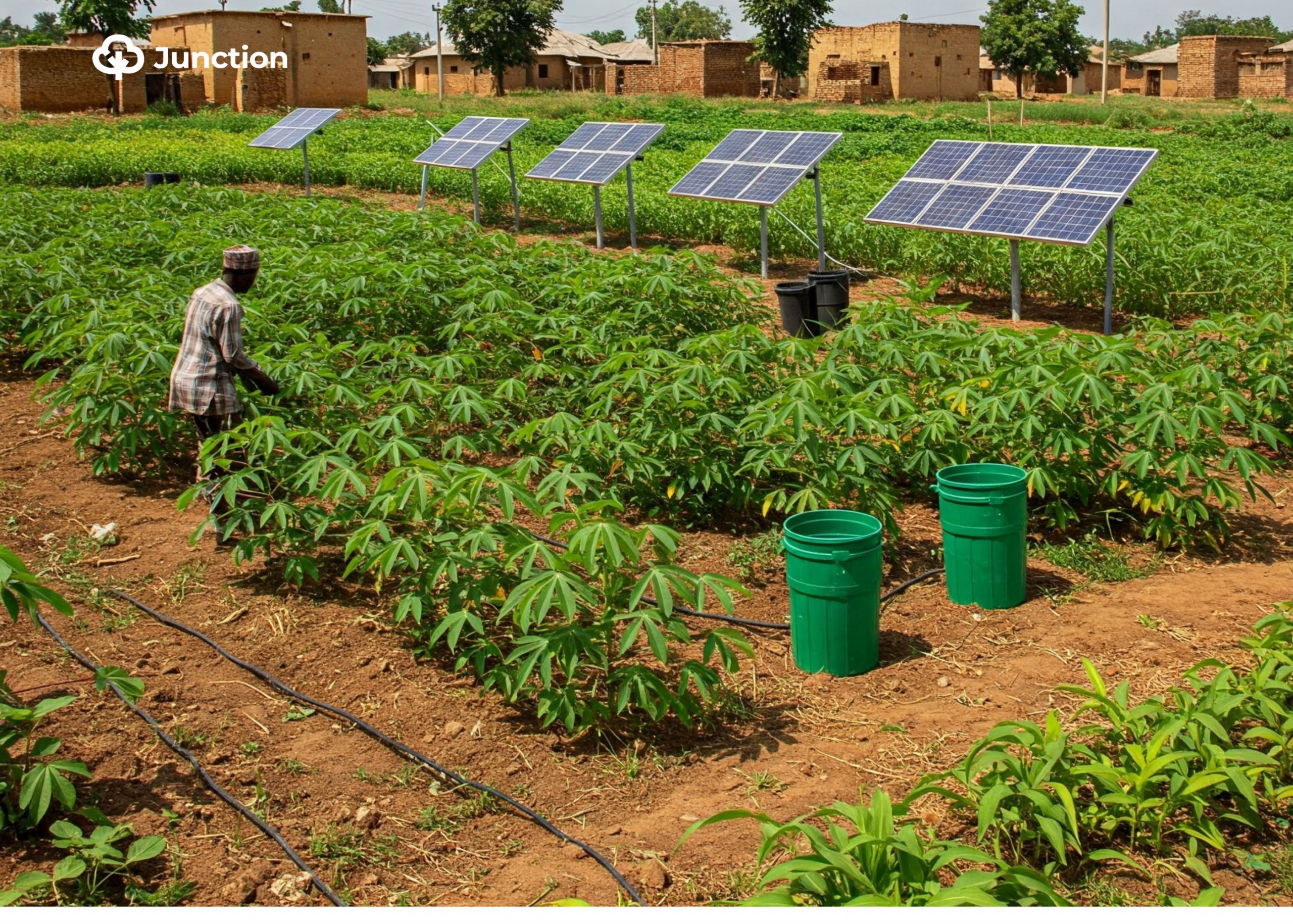News in brief:
– Nigeria plans to issue a ₦50 billion green bond in May and ₦250 billion in October 2025 to support climate goals.
– Funds will finance clean energy, sustainable agriculture, and afforestation in line with the Paris Agreement.
The Federal Government has announced plans to issue a ₦250 billion Sovereign Green Bond in October 2025 as part of its ongoing efforts to finance climate-resilient infrastructure and environmental sustainability projects across the country. Environment Minister Balarabe Abbas Lawal disclosed this during the eighth Ministerial Press Briefing in Abuja.
The government will issue a ₦50 billion initial green bond in late May 2025. Both issuances will be coordinated by the Debt Management Office (DMO) and used to support clean energy, afforestation, sustainable agriculture, and eco-friendly transport projects aligned with Nigeria’s climate commitments under the Paris Agreement.
Nigeria’s leadership in green finance
Nigeria made history as the first African country to issue a Sovereign Green Bond, debuting with a ₦10 billion offering in 2017 and following it up with a ₦15 billion issuance in 2019. The upcoming bonds mark the largest green bond issuance yet, underscoring the country’s long-term commitment to environmental sustainability.
Nigeria’s plan to issue substantial green bonds will significantly impact farmers by channelling funds towards sustainable agriculture. This includes potential access to subsidised loans, training in climate-smart practices, and infrastructure development for eco-friendly farming.
Farmers can expect increased productivity, resilience to climate change, and new market opportunities for sustainably produced goods, alongside incentives for environmentally beneficial practices like agroforestry. Ultimately, this aims to create a more sustainable and prosperous agricultural sector.
Minister Lawal stressed the importance of rigorous Environmental Impact Assessments (EIAs). He also recounted the resolution of a severe environmental crisis. “Before we came, the gas was burning for four years—destroying the ecosystem and the livelihood of people in the area,” he said.
The Minister further outlined several federal initiatives to tackle climate change and promote sustainability. These include:
-
The West Africa Coastal Areas (WACA) Programme, supported by the World Bank, is helping seven Nigerian coastal states combat erosion and flooding.
-
The Sustainable Procurement, Environmental and Social Standards Enhancement (SPESSE) project is designed to improve capacity for eco-friendly practices.
-
A bamboo processing factory in Kogi State, with feasibility studies ongoing for additional factories in Ogun, Cross River, Kaduna, Edo, Benue, Ekiti, and Taraba states.
Forestry and climate education measures
Lawal mentioned forestry interventions such as the handover of 11 containers of confiscated logs by the Nigeria Customs Service, new agroforestry initiatives, participation in the Trans-African initiative against desertification, and ongoing forest carbon projects under the REDD+ framework.
He highlighted the recent approval of Nigeria’s national climate change policy (April 24, 2024) by the Federal Executive Council, aimed at addressing forest depletion, especially in rural communities.
Minister of Information, Mohammed Idris, who hosted the press briefing, stated that all federal ministers will publicly account for their work ahead of Democracy Day 2025.
“We’ll continue to demonstrate our commitment, transparency, accountability, and public engagement,” he said.
There is an opportunity for improved food security and affordability in the long term due to climate-resilient agriculture. The green bond-funded projects, focusing on clean energy and afforestation, will contribute to a healthier environment with cleaner air and water, carbon sequestration, and biodiversity conservation. Job creation in green sectors and increased public awareness of environmental issues are also anticipated, leading to an overall enhanced quality of life.
For Nigeria’s economy, these green initiatives signal a move towards diversification and attract green investments, aligning with international climate commitments. By fostering sustainable practices and investing in clean energy, the country can build long-term economic resilience, reduce reliance on fossil fuels, and develop its green finance sector. This strategic move promises a more environmentally sound and economically robust future for Nigeria.



